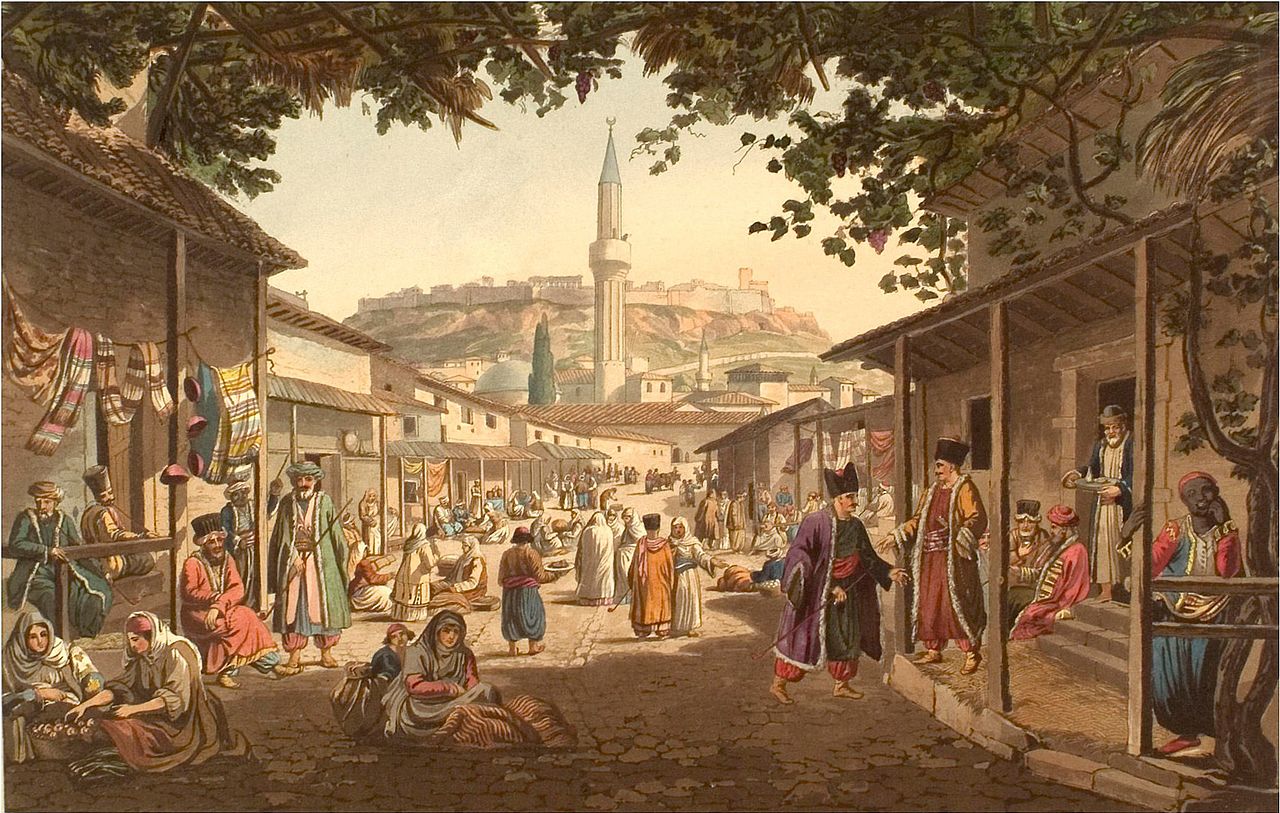2.2.3 Arabic Translators

In 10th-century Baghdad, readers of Arabic had about the same degree of access to Aristotle that readers of English do today. This was thanks to a well-funded translation movement that unfolded during the Abbasid caliphate, beginning in the second half of the eighth century. Sponsored at the highest levels, even by the caliph and his family, this movement sought to import Greek philosophy and science into Islamic culture. Their empire had the resources to do so, not just financially but also culturally… (Aeon).
Click here to read an article by Professor Peter Adamson dispelling the common myth that Islamic civilization merely preserved ancient Greek philosophy until it was rediscovered in the West. Adamson is a Professor of Philosophy at the Ludwig Maximilian University of Munich.
Read: Arabic translators did far more than just preserve Greek philosophy // Aeon
Guiding Questions:
- What drove the Abbasids to translate Greek scientific and philosophical works into Arabic?
- Why do you think Al-Kindi and his collaborators modified the works of those they translated to accord with their view of truth rather than faithfully represent the ideas on the page?
- Do you think, like the author, that translation itself is a way of doing philosophy? Why or why not?
Image: “Bazar of Athens.” Image Credit: Edward Dodwell: Views in Greece, London, 1821. Public domain.


